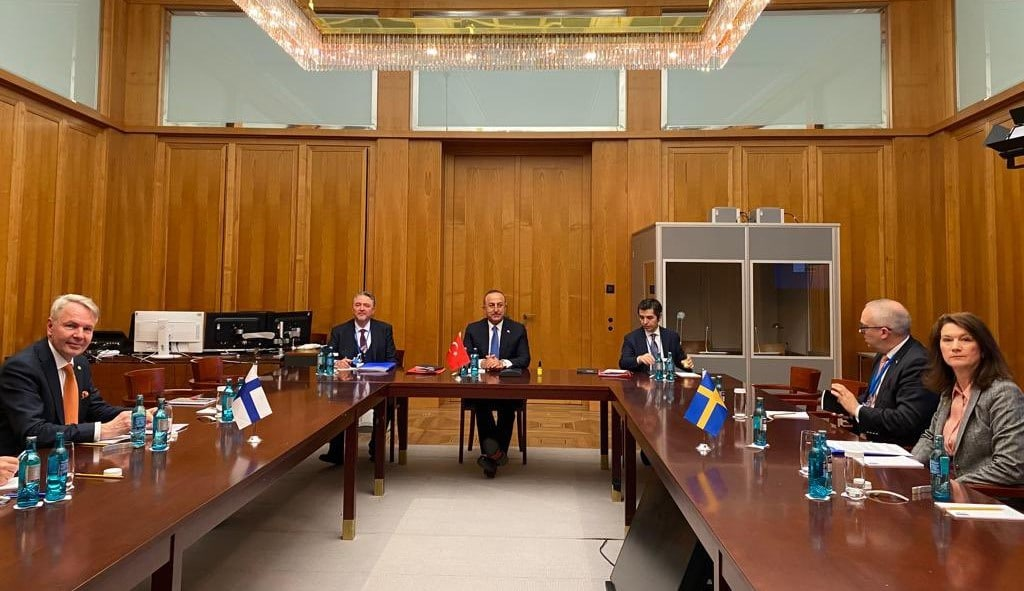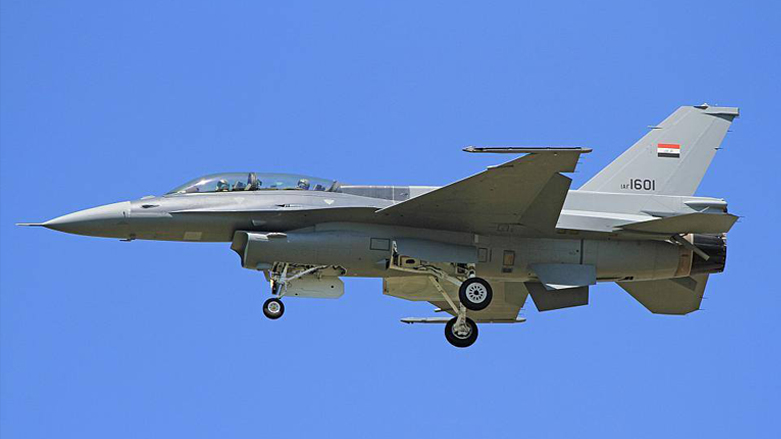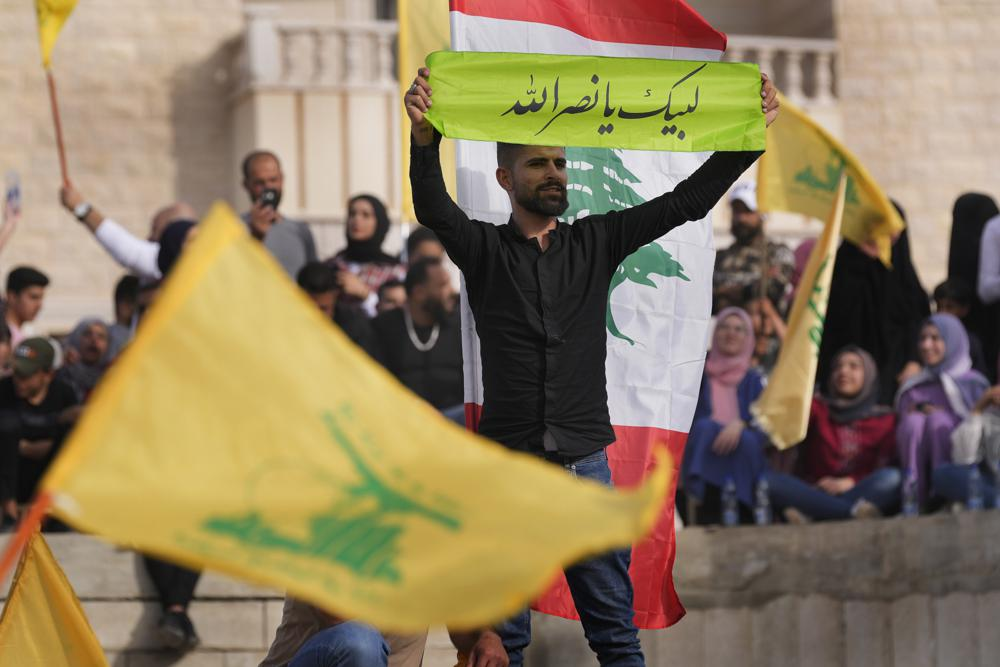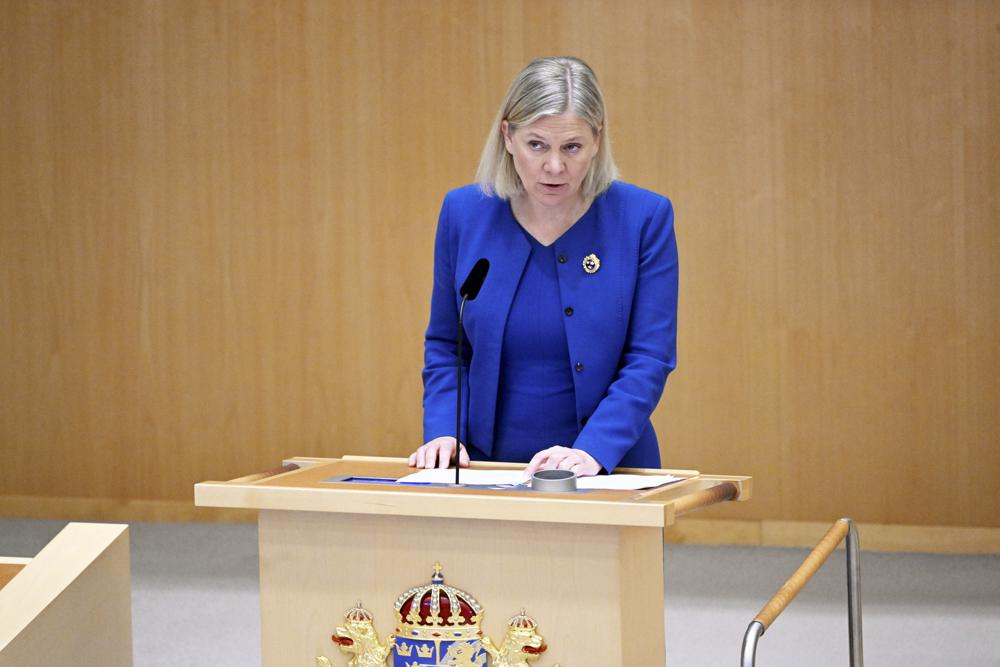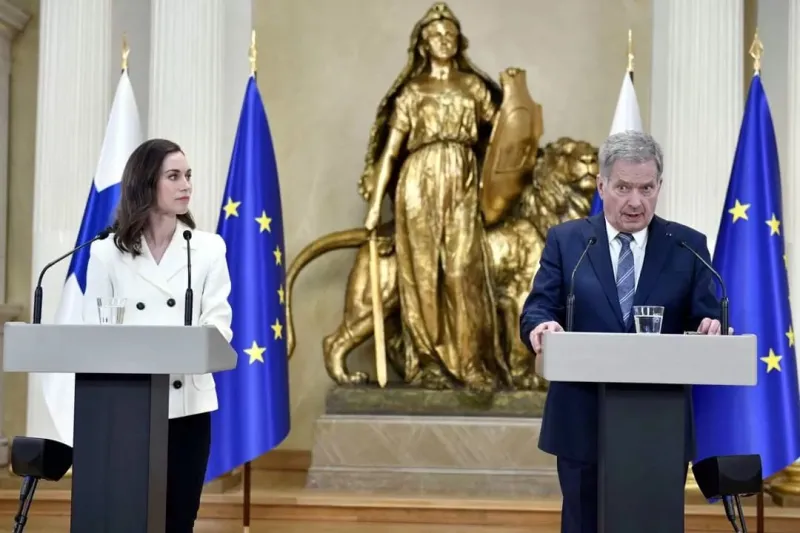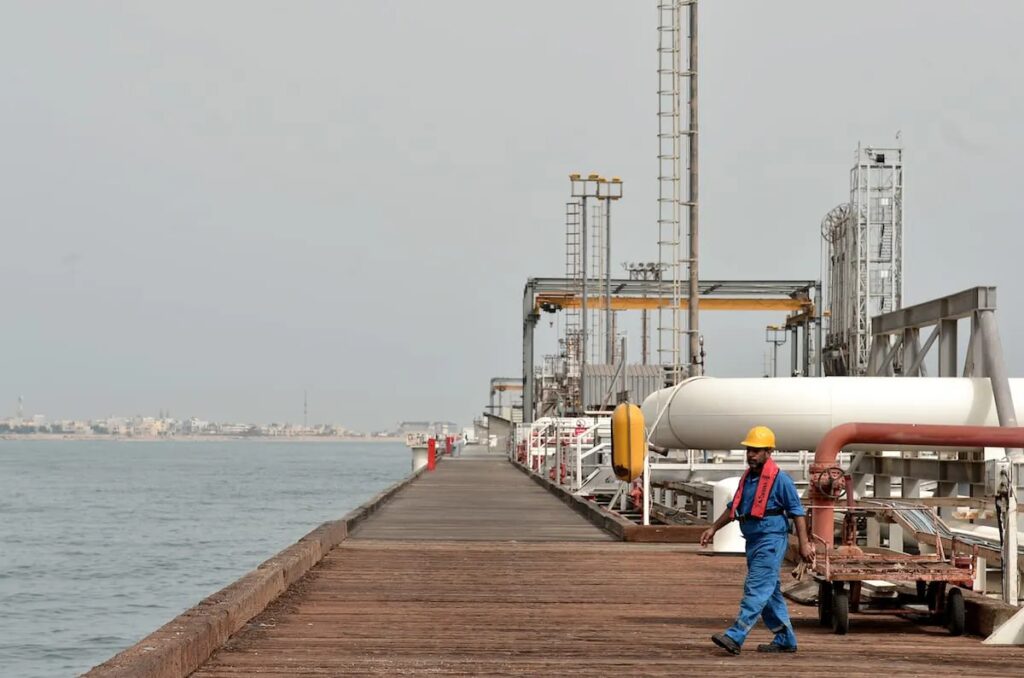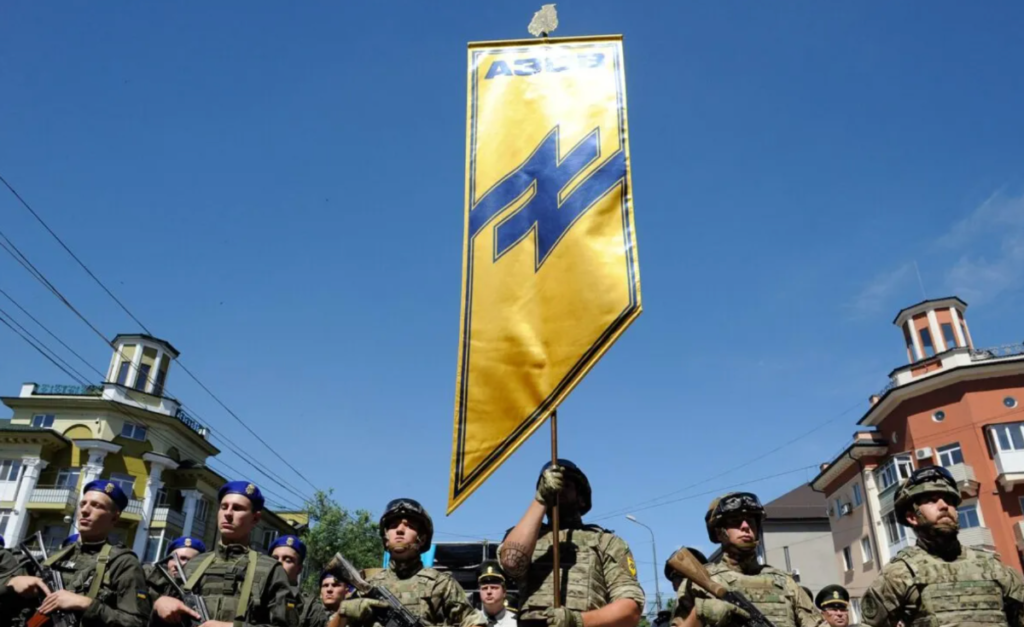Biden’s Unwise Attempts to Save the Iran Deal
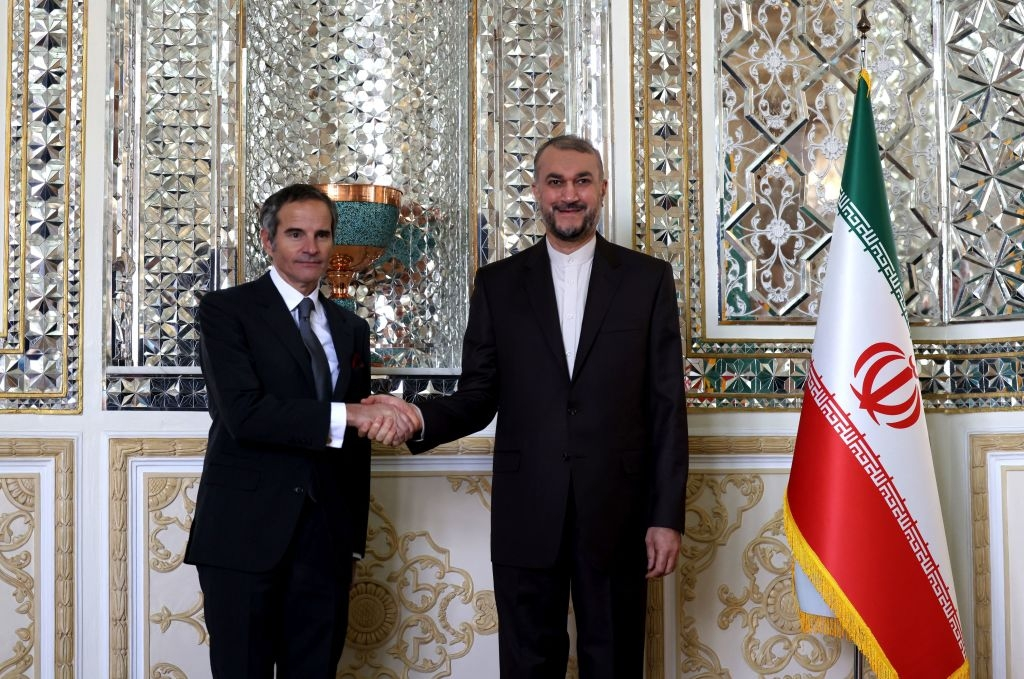
Mr Biden’s hopes of pressing ahead with the nuclear talks suffered a significant setback the other week when a bipartisan super-majority of US Senators voted to endorse a Republican-led measure insisting that any future agreement with Tehran must address Iran’s support for terrorism in the region, and that Washington should not lift sanctions against the IRGC. Tehran is unlikely to concede to either measure.

